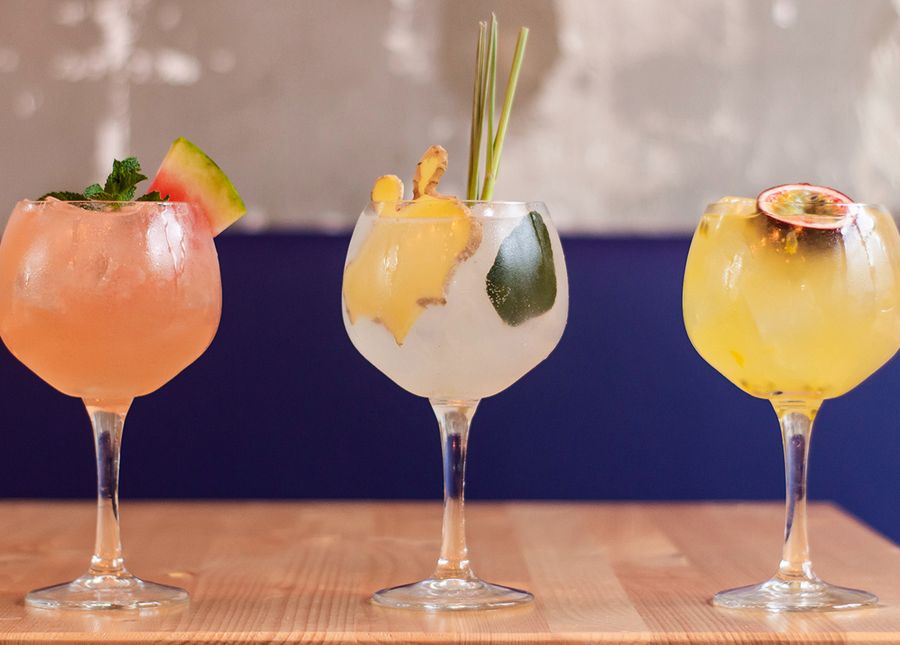True or false?
The ancient Greeks believed that taking a bath in the early stages of pregnancy could change the 'texture' of the woman and cause damage to the fetus she carried.
The answer is: TRUE!

Yep, too long in the tub and the ancient Greeks were certain a woman would turn to jelly (or was it panna cotta?) Still, as ludicrous as that idea may sound today, it compares quite favourably with advice that was to come later. Take, for example, the advice to avoid eating fish heads during pregnancy, as espoused by a 15th century book of old wives' tales. If you were fool enough to eat them anyway, you could expect to give birth to a pointy-mouthed little guppy of your own.

And advice on gender selection is a trove of preposterous ideas, too. Without the benefit of science, our poor forebears didn't know that gender was determined at conception, not birth. That means they wasted a whole lot of time making potions and recipes to help get the chromosomes they wanted. One recipe of 1059 advised a male trying for a boy to dry the womb and vulva of a hare and pulverise it, then drink the foul powder sprinkled in wine. Guess what? It didn't work.
Likewise, the advice for scoring a pretty child instead of an ugly one, had nothing to do with actual knowledge or even the attractiveness of the parents. Instead the medieval crowd thought that if a pregnant woman looked at ugly things she could affect the face of her offspring negatively. Similarly if she were only to gaze at pretty things then she'd have a nice looking little babe.

But not all pregnancy or birthing advice was mumbo jumbo or six kinds of bunkum. The ancient Egyptians had an admirably accurate (for the times) pregnancy test. The woman in question simply needed to wee on some barley and wheat seeds and if they grew, she was pregnant! The cool thing about this idea is that it still works today, in fact it's been found to be correct 70% of the time!
So there you have it - a crackpot tour of the strange and silly ways humans have tried to make other humans!
Main image: Marble birthing scene plaque excavated in Ostia, Italy



